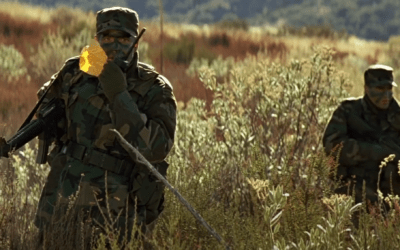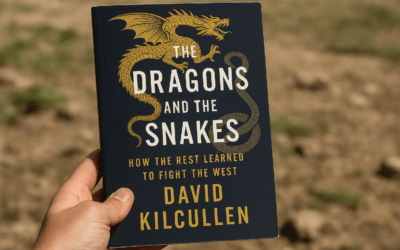EPISODE 100
Operation Eagle Claw:
To You All, From Us All,
For Having The Guts To Try

A watershed event in the history of US Special Operations was the 1979 hostage rescue attempt at the embassy in Tehran, Iran. Known as Operations Eagle Claw, this failed mission and the tragedy at the Desert One landing site led to the formation of US SOCOM and pushed special operations into the next generation. The best way we can honor the hostages who remained in captivity and the service members who lost their lives is to draw some lessons learned and acknowledge their sacrifice for having “The Guts To Try.”
Links:
The Holloway Commission Report
The Guts to Try by James H. Kyle
No Room for Error by John T. Carney Jr
Delta Force by Charlie A. Beckwith
Like what we’re doing? Head over to Patreon and give us a buck for each new episode. You can also make a one-time contribution at GoFundMe.
Intro music credit Bensound.com
CLICK BELOW TO SUBSCRIBE NOW ON YOUR FAVORITE PLAYER
THANK YOU TO OUR SPONSORS! PLEASE GO CHECK THEM OUT
Recent Episodes
Feeding the Machine: Range Nutrition for Tactical Athletes
From no-fridge no-microwave hacks to high-protein gas station snacks, we’ll walk you through how to keep your edge when the sun’s beating down and there’s no fridge in sight.
Teaching the Enemy: Lessons from The Dragons and the Snakes
From guerrilla warfare and liminal conflict to use-of-force doctrine and law enforcement tactics, this episode connects military theory to street-level realities. Are we in a new kind of war without even knowing it? And what are we teaching our opponents every time we act?













0 Comments